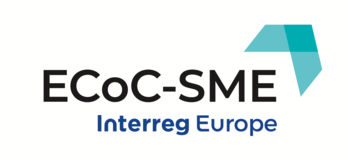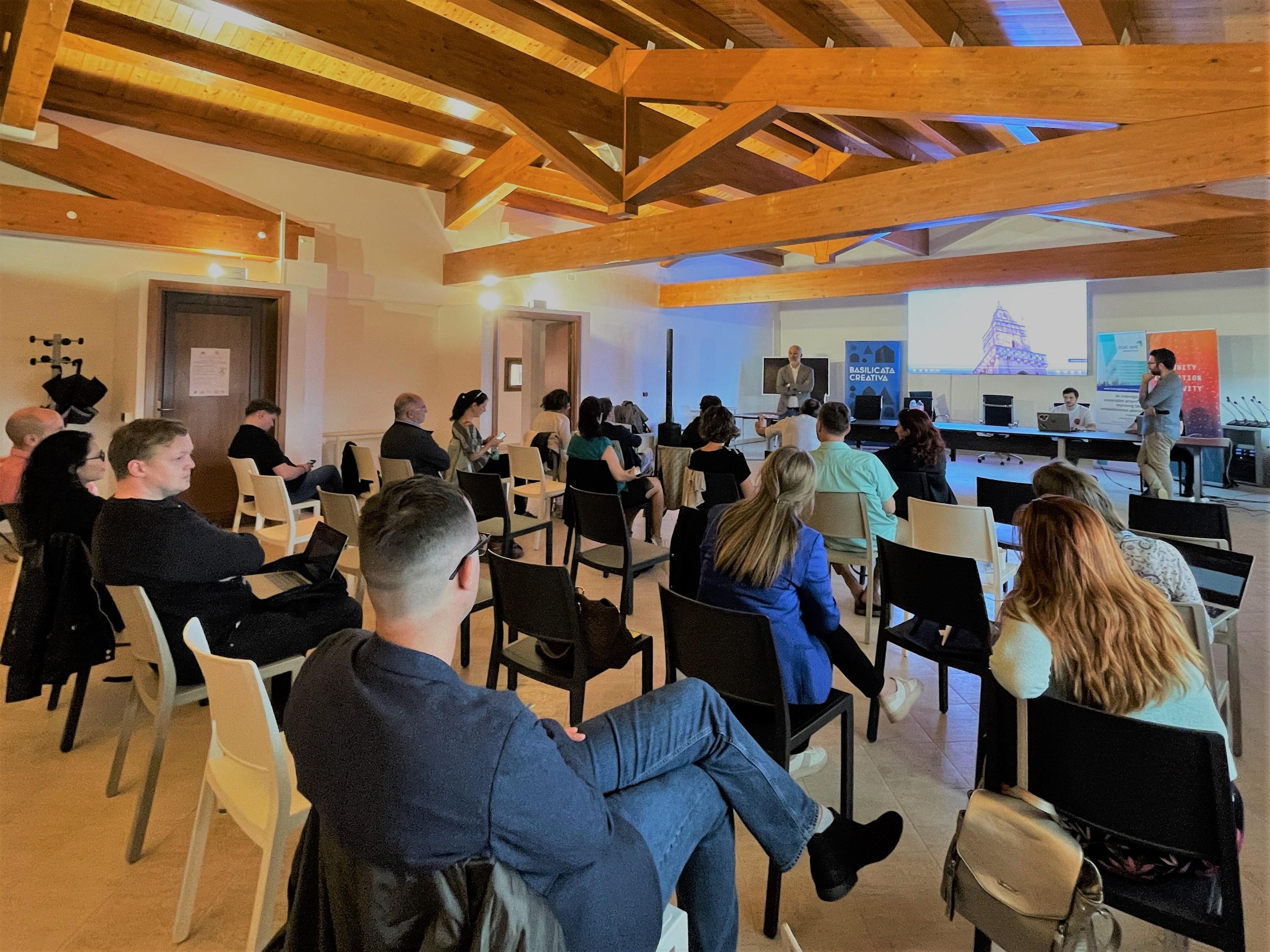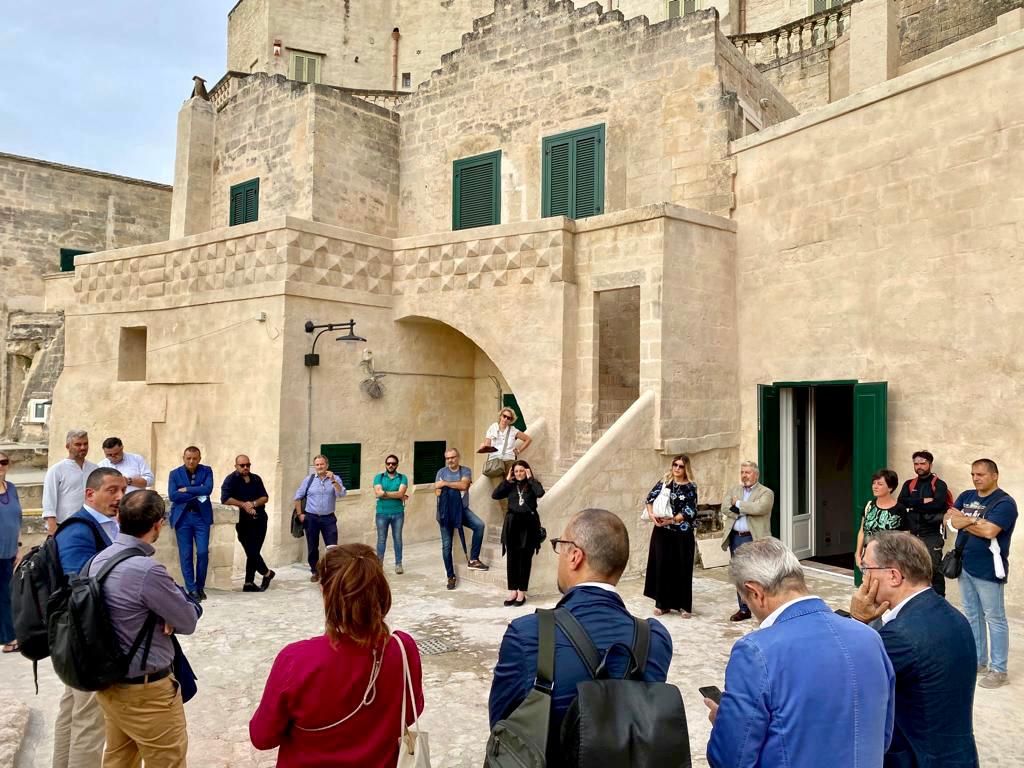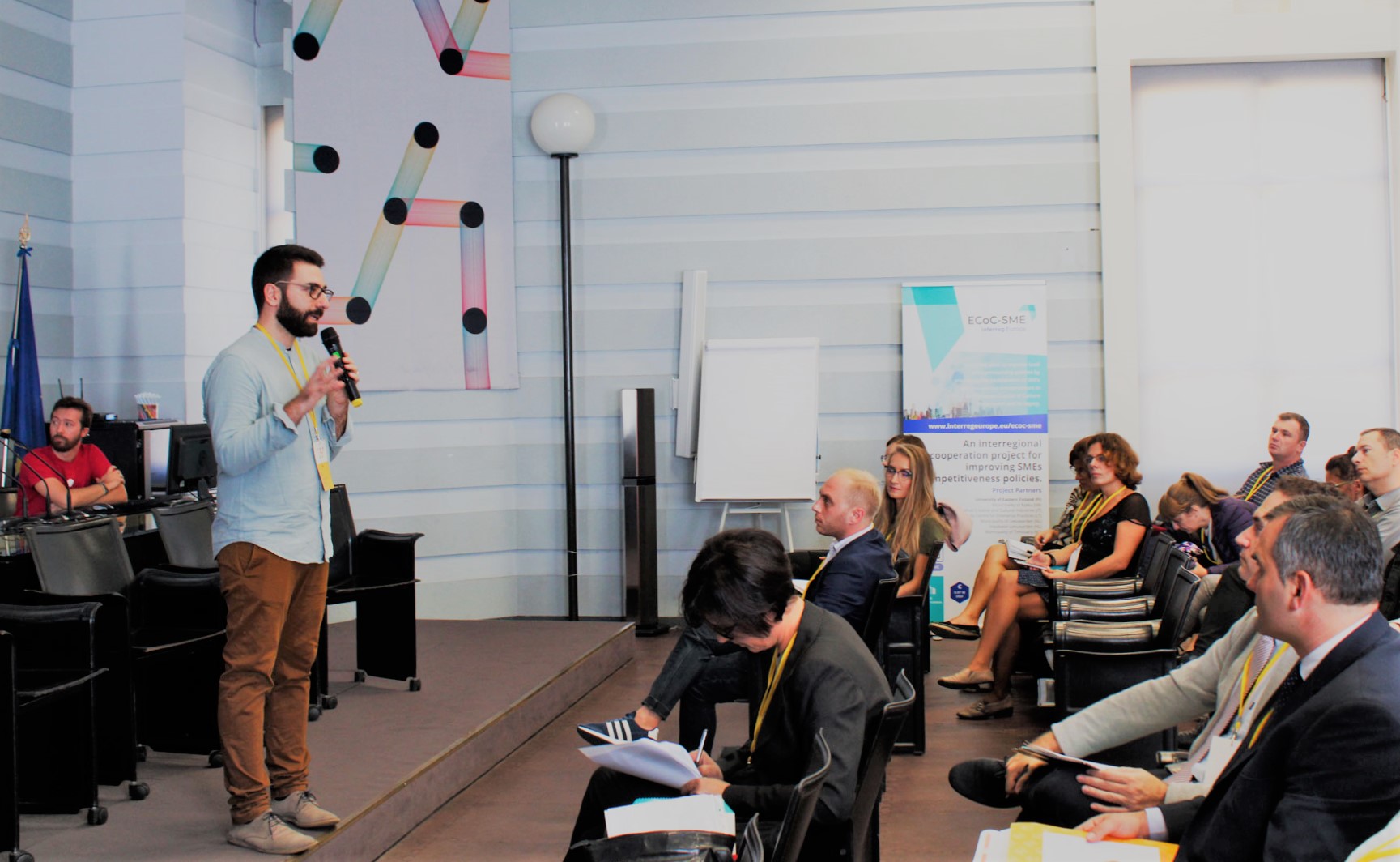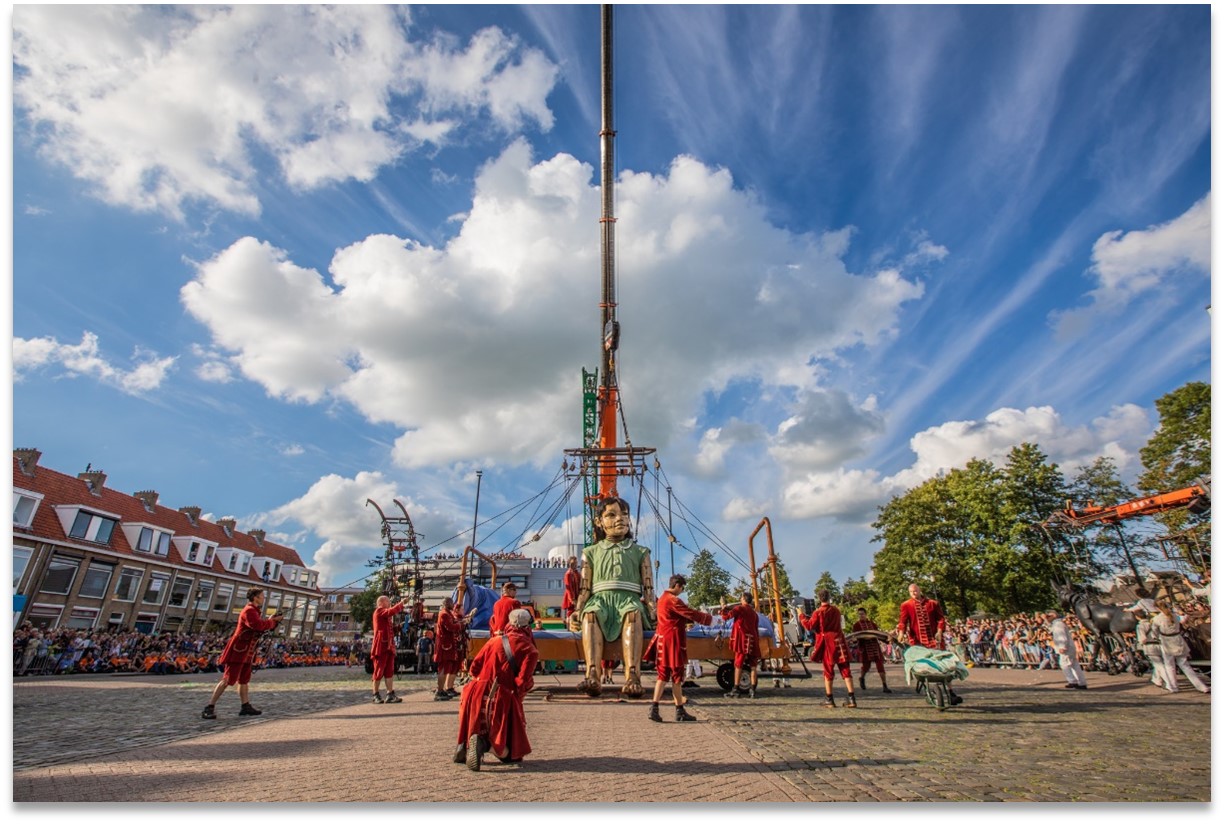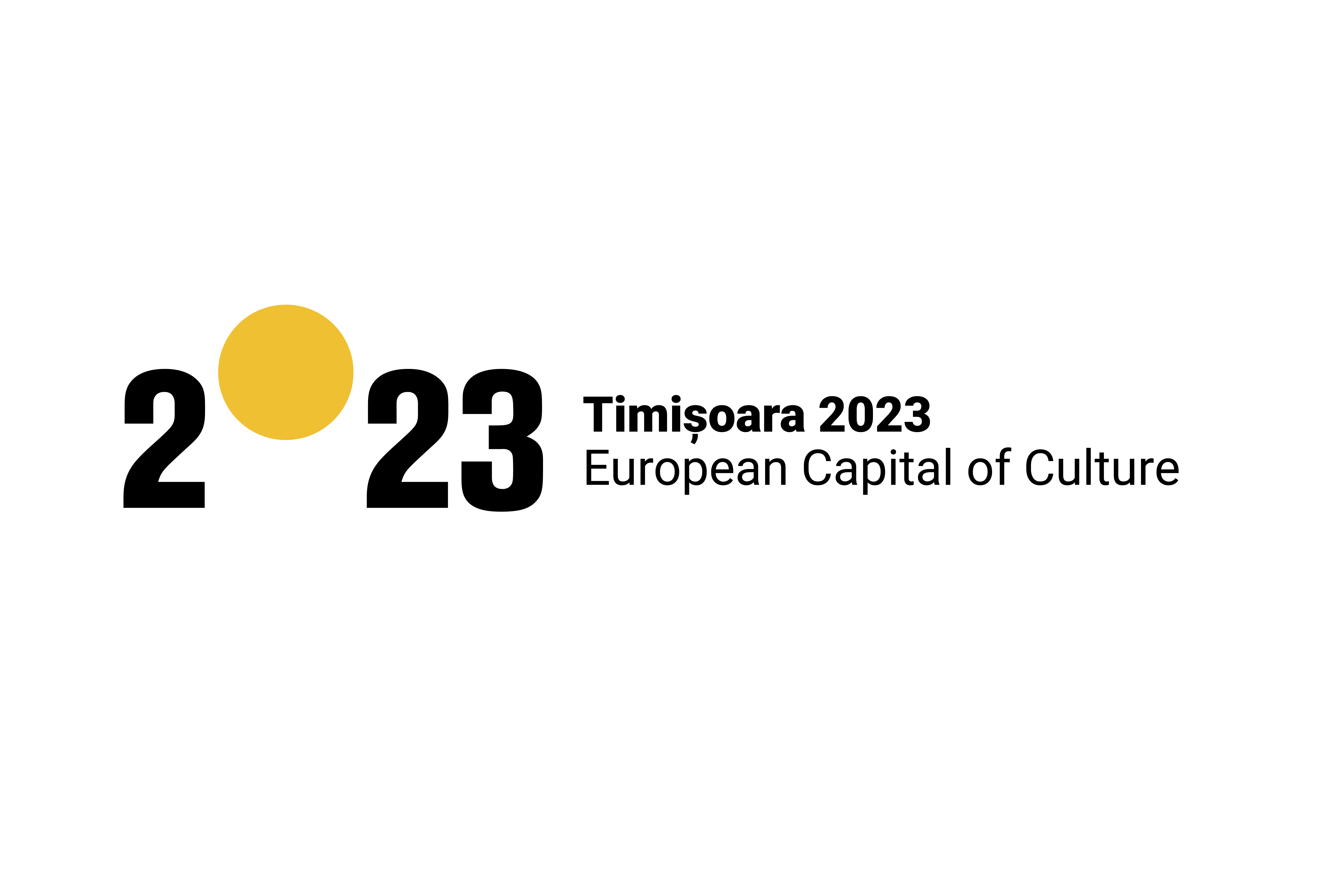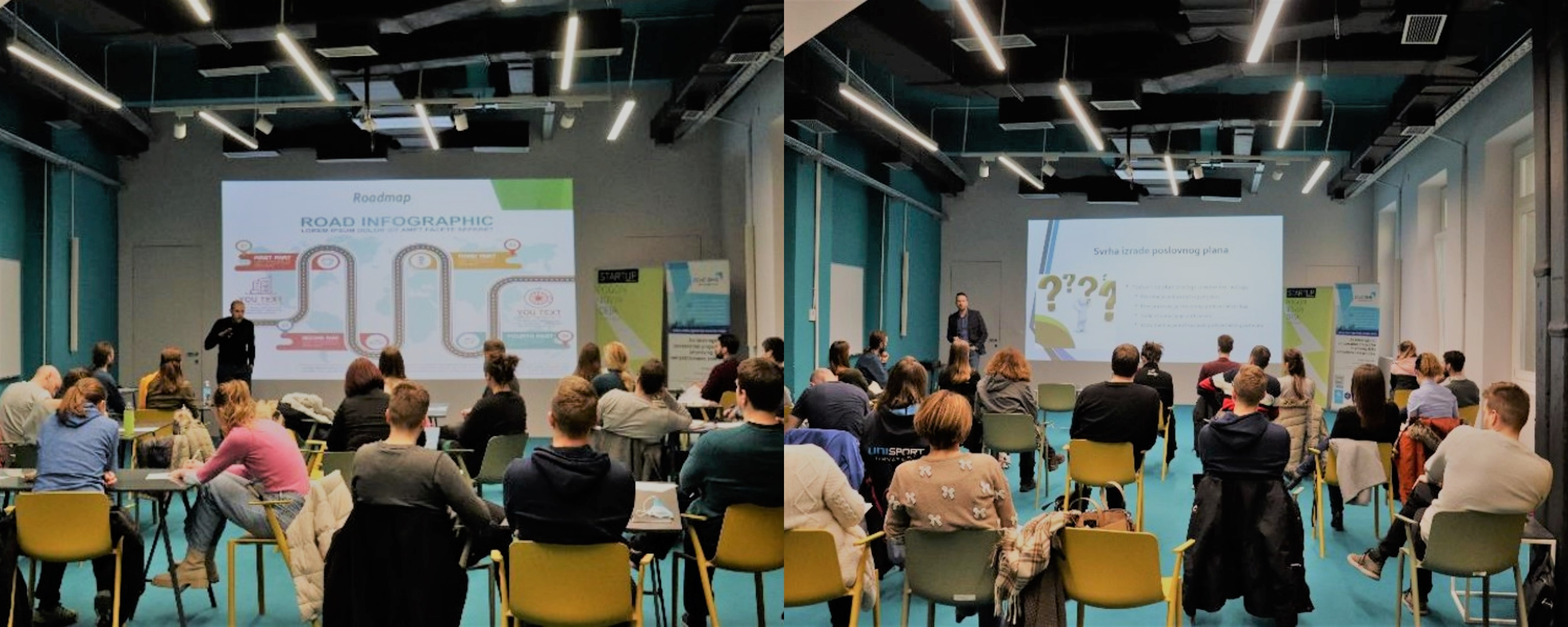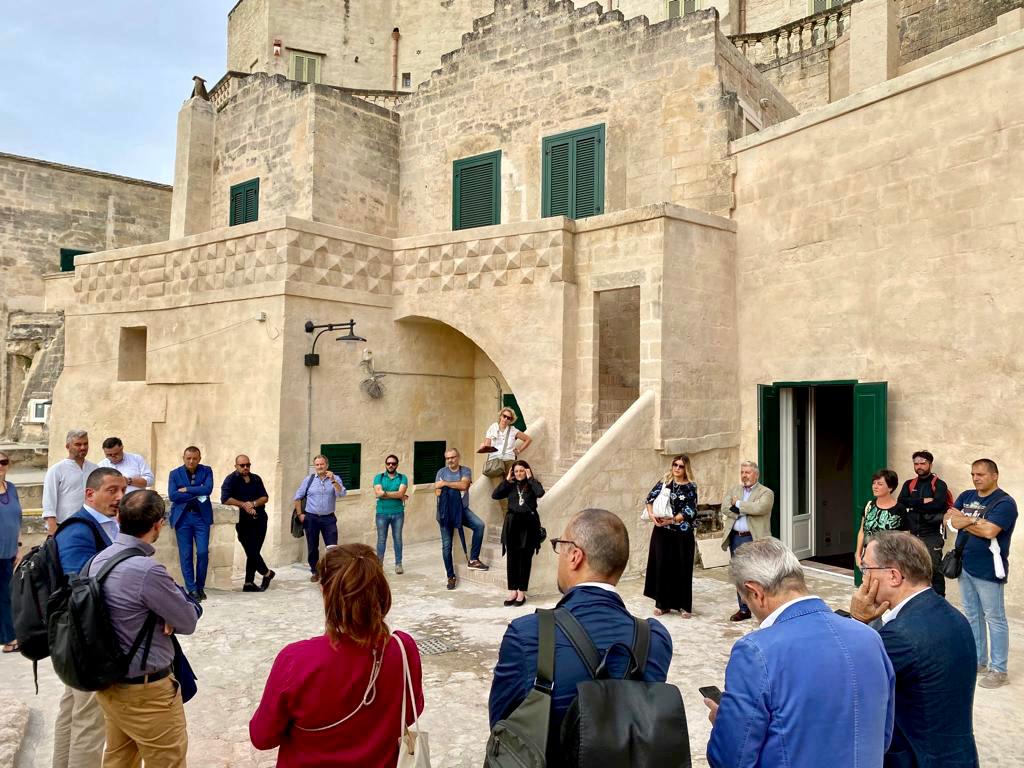As uncertainties face SMEs, exploring honest and realistic business opportunities are even more vital now than ever.
This is also the main aim of Timisoara’s second Local Learning Lab: to tailor business opportunities to better meet SMEs and more specifically CCI needs, and to provide better access to information to said opportunities.
The potential of Timisoara 2021 European Capital of Culture (TM2021) programme is not properly felt in the startup community. Some participant SMEs do not believe that they currently have first-handed and reliable information on the business potentials of ECoC, nor is there any public commitment or sign that "something is happening".
Businesses do grasp the potential of such a mega-event, as seen or heard from other past ECoC cities. Nevertheless, without an interface supported by a communication strategy addressed to different sectors, they will not be able to outline predictable directions of concrete actions or monitorable impacts.
Business owners understand that the opportunities ECoC offers are yet to be certain, but their potentials must be credible and realistic enough to build on. SMEs need simplicity, clarity, motivation, trust, and pragmatism. Communications from the ECoC programme, therefore, shall be presented in a language known to SMEs: objectives, KPIs, plans, resources, results, etc.
It has been proven through examples from Matera and Leeuwarden that direct engagement of the youth and the creative in the policy discussions is beneficial for designing a more CCI-tailored startup ecosystem. The Timisoara stakeholders agreed that the most effective means to identify CCI needs are:
- Direct discussions and consultations with credible actors in the CCI (Regional Development Agency - RDA West), and NGOs working with SMEs and the startup community (IncubArt, Ambasada, Plan Zero, Cowork Timisoara, Incuboxx).
- Standardised and recurrent use of statistical tools: research studies of market dynamics of the CC sector, market segmentation and creation of a current database, recurrent research studies of consumers' perception of cultural and creative goods.
The importance of data capture to building the argument on why culture needs to be part of the COVID-19 crisis response was also voiced by Justine Simons, London’s Deputy Mayor for Culture and the Creative Industries in the EUROCITIES discussion “City dialogue on culture”.
- Creation and nurture of a flow of coherence: TM2021 must outline a framework where SMEs can express themselves. Without a concrete framework, the currently-felt ambiguity and absence of actions will continue.
To achieve sustainable cooperation with local SMEs, TM2021 must create an appropriate and credible framework to attract private capital and a wide range of entrepreneurs to ensure the participation of a functional creative ecosystem.
Uncertainties are associated with risks, especially implicit financial risks. It is therefore vital that the leadership clearly conveys the concept, expectations and quality standards required from the private actors who will be involved. The lack of clarification and responsibility – the unspoken language of accountability – will significantly shrink the number of potential private candidates.
Providing access to information is the first step to a more transparent approach. In the current context of the COVID-19 pandemic, this access is limited to the online channels and can be made through:
- A series of weekly webinars with unique speakers, i.e. partners in Interreg Europe networks, on relevant topics such as:
• What does a cultural capital mean and what economic effects does it have on the local business environment?
• How can you create a business concept for this opportunity?
• How can you collaborate with the local startup ecosystem to maximise these economic effects?
• How can you create a business concept for this opportunity?
• How can you collaborate with the local startup ecosystem to maximise these economic effects?
These materials can remain online as tutorials for entrepreneurs.
- Engagement of entrepreneurs:
• Identifying and understanding the profile of each entrepreneur
• Inviting SMEs to a presentation, giving a pitch about TM2021 in their (business) languages, delivering
• Inviting SMEs to a presentation, giving a pitch about TM2021 in their (business) languages, delivering information and receiving feedbacks
- Involvement of professional institutions, like the Timisoara Chamber of Commerce (CCIAT), Trade Register Office (ORC)
Through empowering each other, the private sector and TM2021 can compensate for what the other lacks: TM2021 to provide connections, and the business community to create sustainability for the programme.
